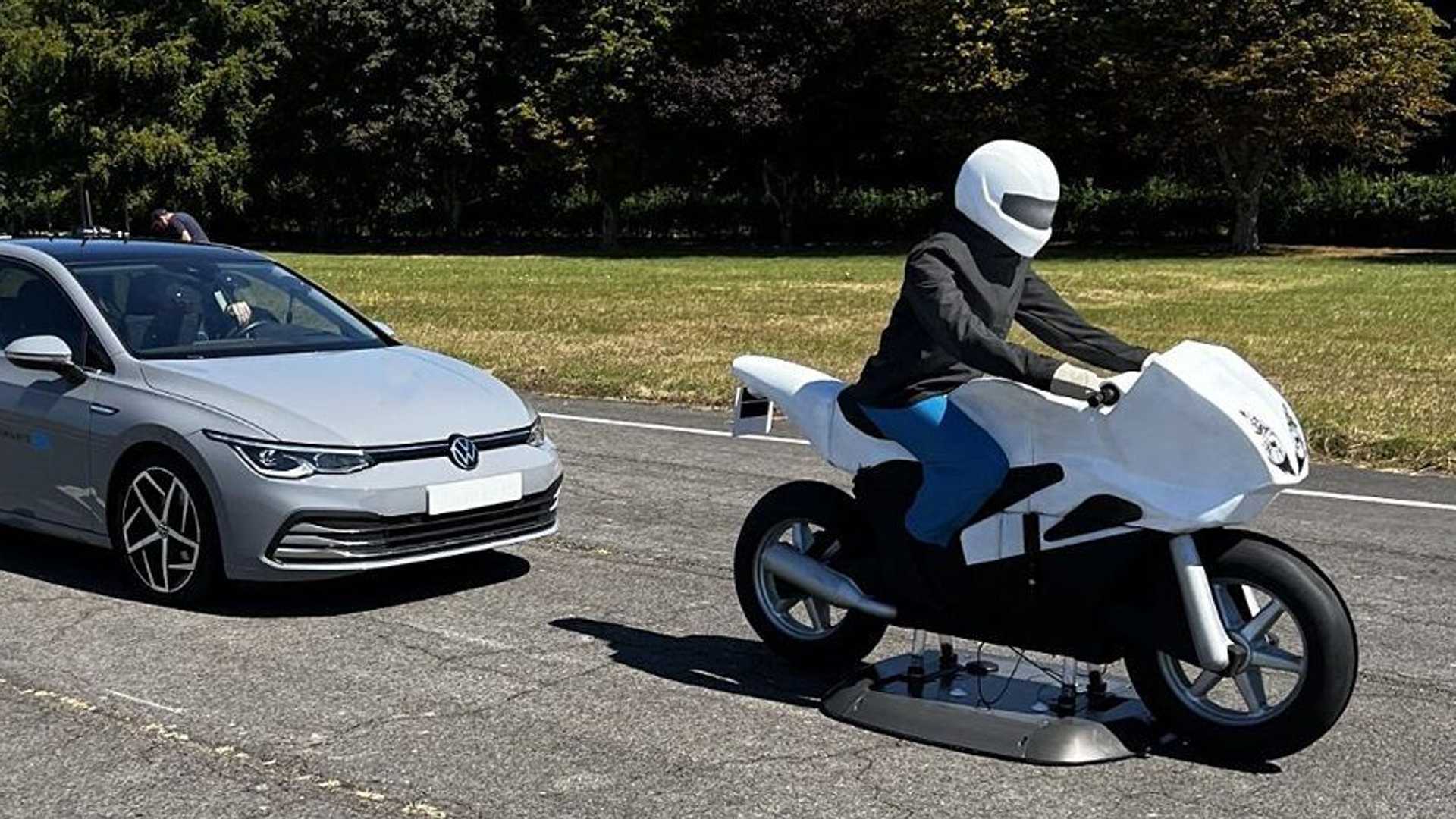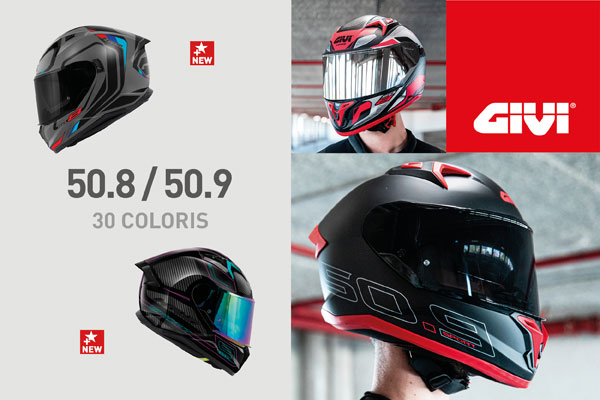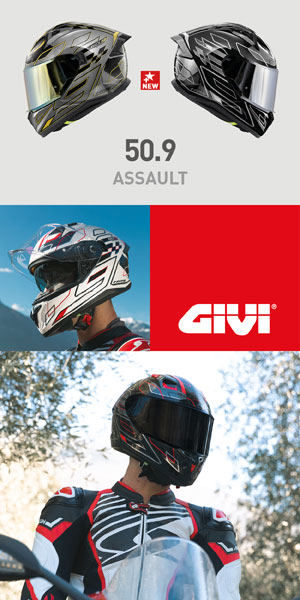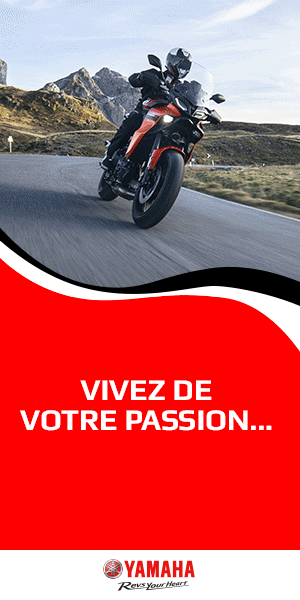For more than 20 years, Euro NCAP, or New Car Assessment Program, has set the standard for car safety through its rigorous crash tests. With modern cars more sophisticated and technologically advanced than ever, it's no surprise that safety has become more important than ever.
Euro NCAP's detailed and rigorous crash testing has saved thousands of lives over its historic existence, however, the body wants to further increase safety by adding motorized two-wheelers to the equation. As motorcycles become more and more technologically advanced, it makes sense that they also undergo a third-party assessment to determine their overall safety level. Additionally, the recent proliferation of autopilot systems in cars and the resulting increase in motorcycle accidents involving these systems clearly indicate that improvements are needed.
In a broader sense, Euro NCAP plans to modernize its tests to make them more in line with typical traffic conditions, for example by including weather variables to test their influence on the effectiveness of driving aids, as well as by including tests regarding cutting-edge technology features, including vehicle-to-vehicle communication and adaptive cruise control. Specifically, starting in 2024, adaptive cruise control tests will be conducted on roads other than highways, including projects involving motorcycles.
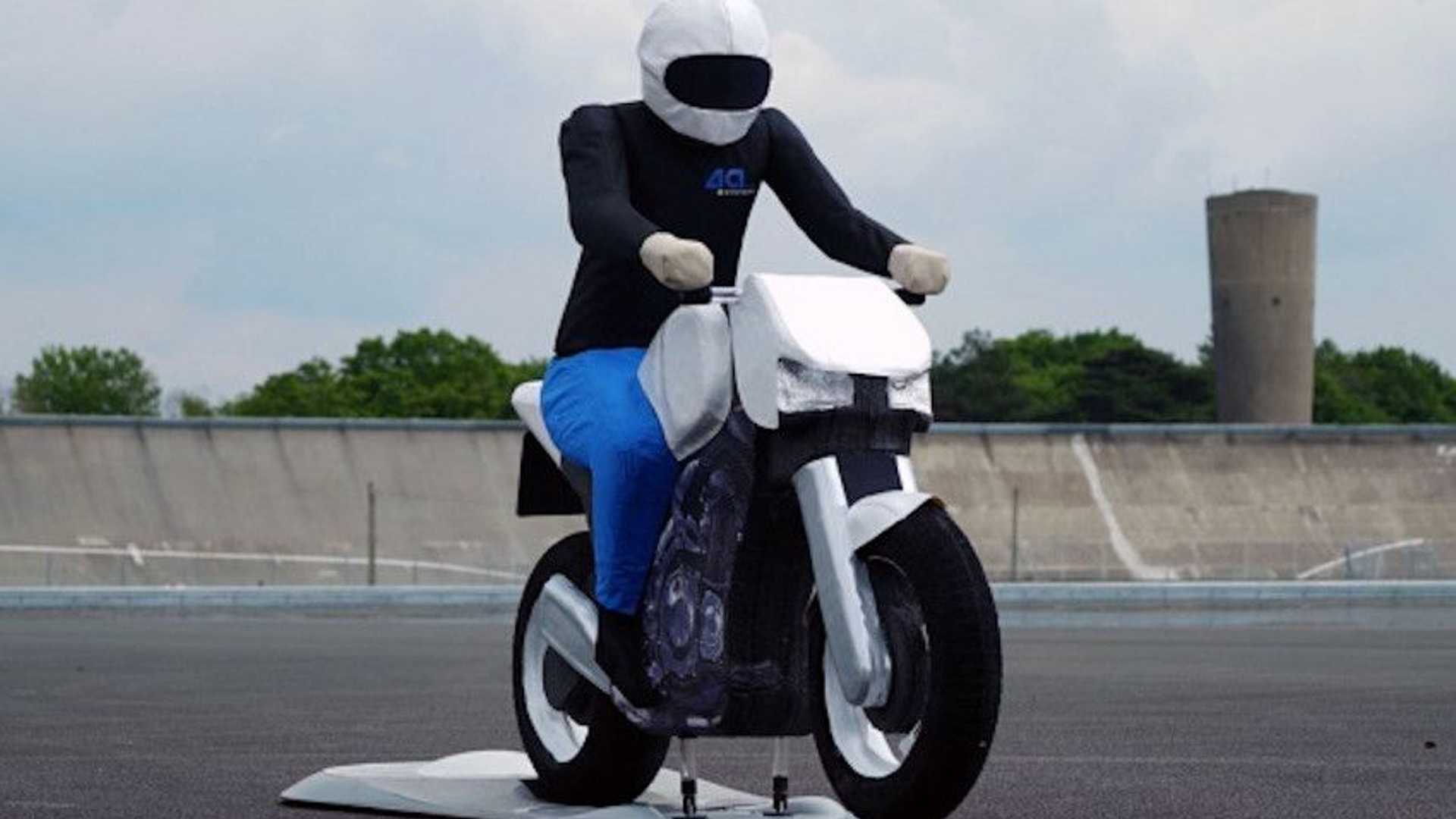
Ultimately, Euro NCAP wants to make its testing system as realistic as possible, taking into account all variables involved in road safety. Given the growing popularity of two-wheelers across Europe, they are becoming an essential facet of everyday life. For the first time, motorized two-wheelers will be included in the evaluation scenarios for commercial vehicles and technology-assisted driving as part of the organization's expansion of its collision avoidance tests.
On the motorcycle side, Euro NCAP's testing systems could potentially provide manufacturers with valuable information regarding the effectiveness of certain rider aids such as lean-sensitive ABS and traction control. Additionally, Euro NCAP's revised tests could also include motorcycle gear and equipment, and potentially make the gear even safer.
With all of these things laid out on the table, it's clear that testing the safety of motorcycles is much more difficult than testing cars. Indeed, Euro NCAP technical teams will need to think outside the box because motorcycle accidents and injuries tend to be much more unpredictable than those in cars. As such, Euro NCAP notes that the cooperation of the motorcycle industry will be vital in order to deploy an effective test campaign focused on two-wheelers.










